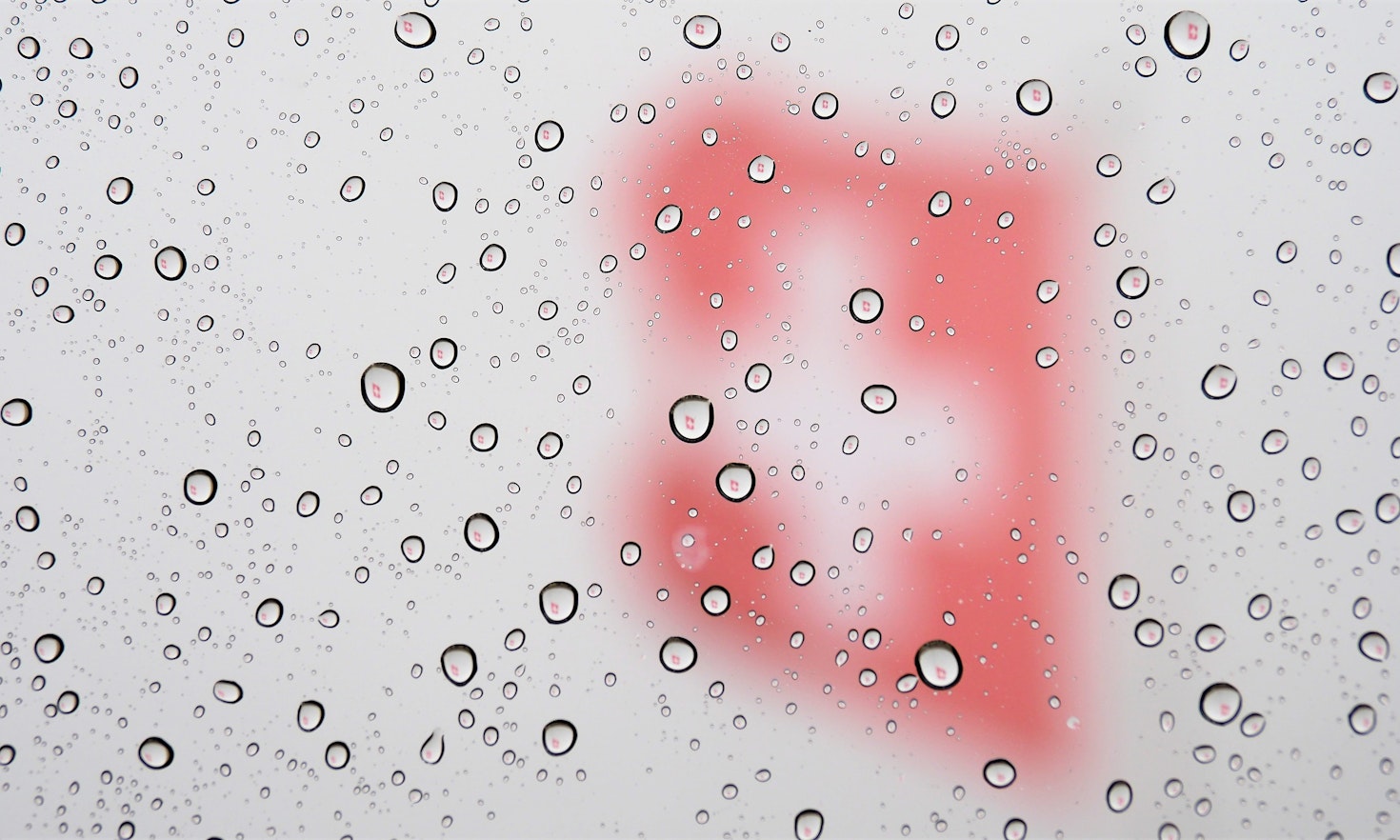The EU and Swiss (dis)agreement: Is a Swixit in sight?

When I told my friends that I was going to leave Brussels and go to Switzerland, they were all surprised. Why? For an “EU-nerd” like me, leaving the “EU bubble” and moving to a non-EU country was, in fact, an unexpected decision. But my friends quickly realising I was about to make the right choice for my career (hopefully!), said to me: “We are confident that you will make the Swiss-EU relations thrive”. A good omen? Not really, since recent developments seem to have proven my friend’s predictions wrong. What exactly is at stake, I will explain below, but be prepared because after Brexit and talks on a possible Grexit and Italexit, there is another word in the “exit list”: Swixit. Yet, what would Switzerland withdraw from if it is not a member of the EU? And how likely will this happen?
So close, yet so far
Switzerland lies at the heart of Europe, is intertwined with the European market, and is essentially a “cross-border country”, with thousands of EU citizens not only living and working there, but also commuting to it from neighbouring countries like Italy and France. Despite this, the Swiss Confederation is not an EU Member State, and it is highly unlikely that the situation will change any time soon.
The EU-Swiss relationship is based on bilateral agreements, which compensate for the big “NOs” that Swiss citizens have expressed over time through referenda. Why Switzerland is not in the EU, in fact, is a question that a lot of EU citizens ask themselves, and part of the answer lies in direct democracy1. With the popular vote of 1992, the idea of joining the European Economic Area was rejected by 50.3% of voters2. Since then, other referenda followed, for instance about the EU membership in 2002 - with more than 75% of votes against it3. Last autumn, however, 61.7% of people voted in favour of maintaining the freedom of movement with the EU, de facto giving the right-wing conservative Swiss People’s Party’s initiative the thumbs down. But this has not put an end to the ongoing update of the bilateral accords, which has been eroding the ties with Brussels for years now.
The framework (dis)agreement
Bilateral deals have been regulating the relations between Switzerland and the EU for many years, and since 2014 the two parts have been negotiating a framework agreement. These negotiations have culminated in a treaty aimed at regulating future relations, which has been waiting for the signatures of the two parts since 2019. Yet, it seems that no final agreement can be met.
The sticking points are still numerous – among others, wage protection, EU citizenship, labour mobility and state aid. A few weeks ago, there was the impression that something was moving. However, the meeting between Swiss President Parmelin and European Commission President von der Leyen had no result. On the one hand, the EU is not willing to re-open the text and amend the treaty negotiated a few years ago. On the other, concerns about the preservation of sovereignty are central to the debate in Switzerland. Thanks to the almost 120 bilateral agreements in place so far, Switzerland has been enjoying several benefits of EU membership without being an actual Member State. And while Brussels would like to conclude the framework agreement and institutionalise the relationship, Bern is more reluctant. The fact that the EU is their most important trading partner seems of little matter to Swiss negotiators. And this time, internal political divisions are not so crucial, because the framework deal has been harshly criticised by several parties and organisations on opposite sides of the political spectrum – from trade unions and rich entrepreneurs to the Conference of cantonal governments. This suggests that the open points may not be in line with the general Swiss approach, which often consists in “preferences of maximum economic but minimum political integration”4. Furthermore, it cannot be forgotten that the treaty might also require the approval of Swiss voters, if a referendum is launched. According to a recent survey, the majority of the population would vote in favour of the deal, but the share of voters who are “confident” about their support for the treaty has drastically decreased over the years.
A trial of strength
All in all, both sides want to make this relationship work. That is why talks have resumed quickly since the deadlock discussion of April, yet for now it seems that the two parts are just arm-wrestling. To have the treaty signed, one of the two parts has to give in. Who will be the most resolute? Will the EU be open to re-discussing the treaty’s content? Or will Switzerland accept all the treaty articles as they now stand? Overall, a hard Swixit may be averted for the good of everybody, because neither the EU nor the Swiss want to cut ties. However, there is tension in the air due to this framework agreement, and the future of EU-Swiss relations does not look so bright at the moment. Let’s just hope the presence of an “EU enthusiast” like me on Swiss land will influence negotiators and citizens to work in the direction of building a smooth relationship with the European Union!

Citation
This content is licensed under a Creative Commons Attribution 4.0 International license except for third-party materials or where otherwise noted.






